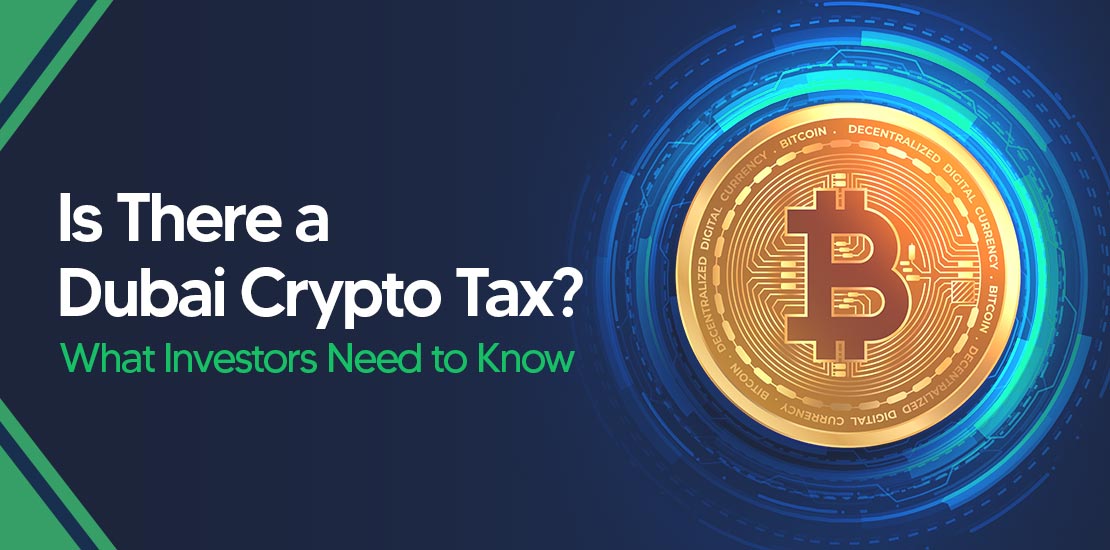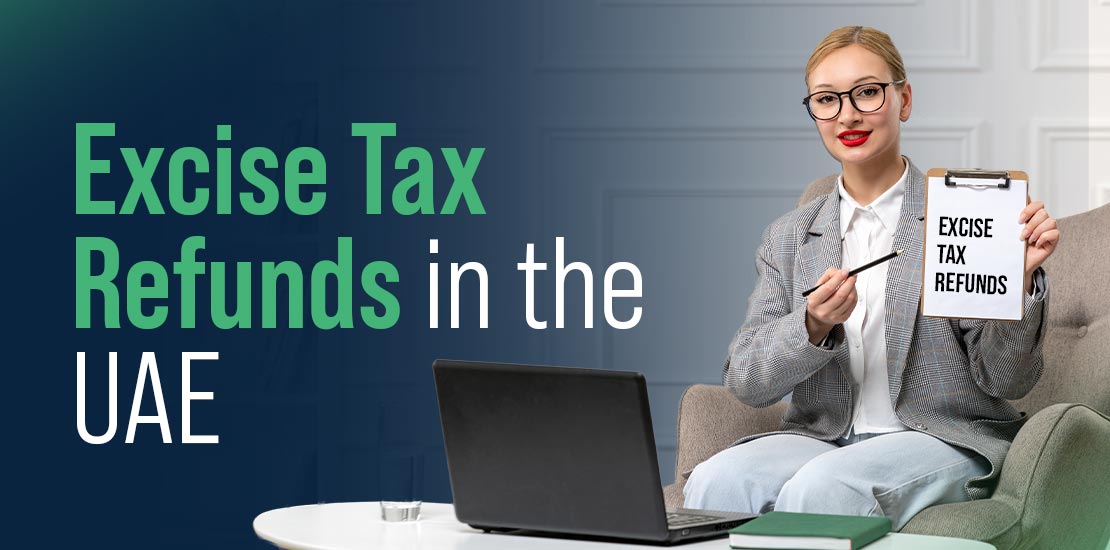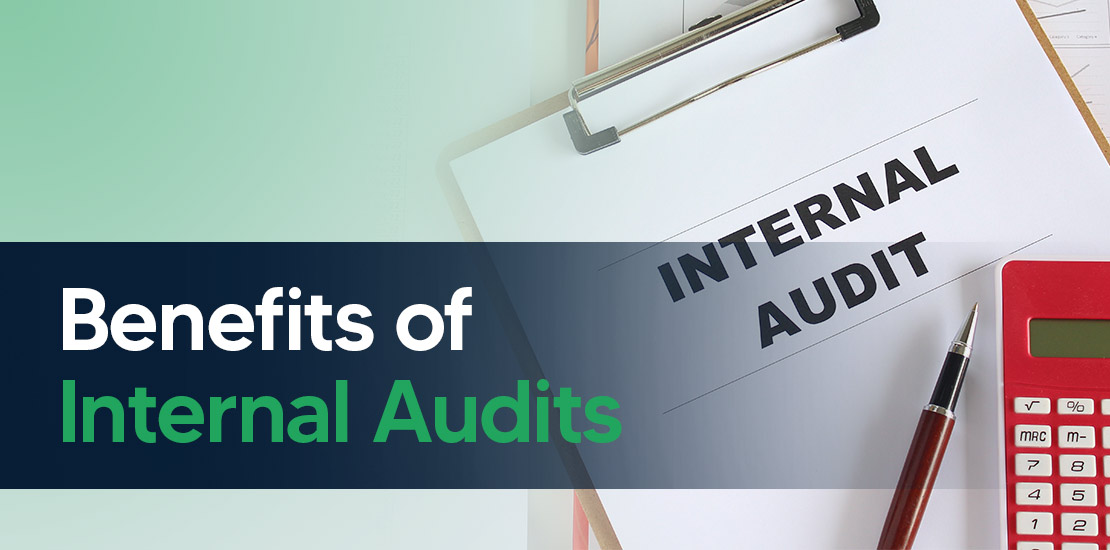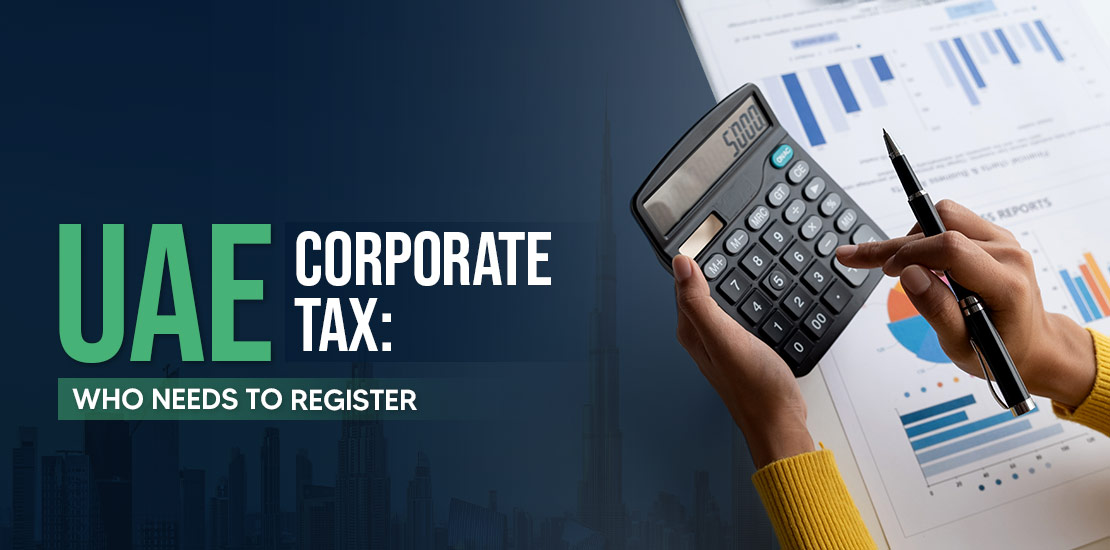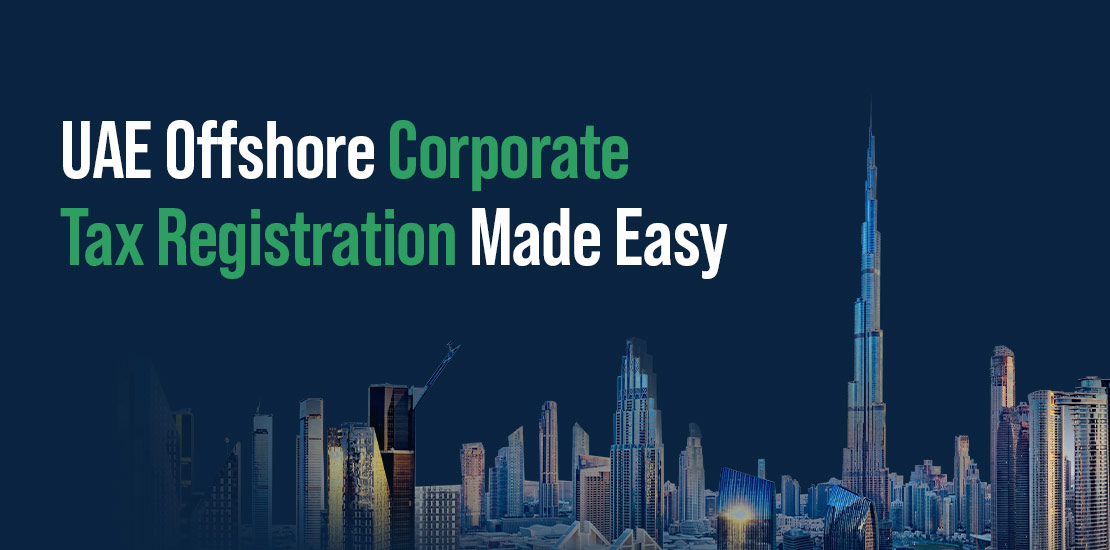Table of Contents
- Overview of Crypto Landscape in Dubai
- Is Crypto Legal in Dubai?
- The Role of VARA
- Is Crypto Tax-Free in Dubai?
- What It Means for Individuals Trading Crypto?
- When Does Crypto Become Taxable in Dubai, UAE?
- Does Dubai Offer Any Crypto-Friendly Zones?
- Why Do Crypto People Move to Dubai?
- Want to Stay Tax-Free? Shuraa Tax Can Help
- Commonly Asked Questions
Cryptocurrency has been gaining popularity all over the world, and Dubai is no exception. From buying property and booking flights to investing in new-age businesses, people in the UAE are using crypto more than ever. And it’s not just individuals. Big companies and even the government are taking steps to make Dubai a global hub for digital assets.
With dedicated zones like DMCC and DIFC welcoming crypto firms, and a special regulator (VARA) to manage virtual assets, Dubai is clearly serious about becoming a leader in this space. But with all this growth and support, one big question still comes up: Dubai Crypto Tax. Is crypto really tax-free here, or are there hidden conditions that investors and businesses should know about?
That’s what we’re here to explore.
Overview of Crypto Landscape in Dubai
Dubai sees crypto as an opportunity rather than a threat. It’s working hard to create a safe and supportive environment for crypto investors, startups, and global companies. Doesn’t matter if you’re an individual looking to trade Bitcoin or a business planning to launch a blockchain-based platform, Dubai has made it easier to operate legally and confidently.
Is Crypto Legal in Dubai?
Yes, crypto is legal in Dubai. You can own, buy, sell, and trade cryptocurrencies like Bitcoin and Ethereum. Crypto mining is also allowed, though it must be done within regulatory boundaries and with the right approvals. However, using crypto as a regular currency (like to pay for everyday things) is still limited, though it’s gradually becoming more accepted in areas like real estate and travel.
The Role of VARA
A big part of this framework is VARA, the Virtual Assets Regulatory Authority. Established in 2022, VARA is the world’s first independent regulator specifically set up for virtual assets. It oversees licensing, compliance, and operations for crypto-related businesses in Dubai (outside the financial free zones).
VARA’s main goal is to protect investors while encouraging innovation in the virtual asset space. So, if you’re starting a crypto exchange, offering NFTs, or managing digital wallets, you’ll need to register with VARA.
Is Crypto Tax-Free in Dubai?
Dubai doesn’t impose personal income tax (or capital gains tax) on crypto profits earned by individuals. So, if you buy, sell, or trade crypto for personal investment, your gains are entirely tax‑free. That applies even to income from staking or mining, as long as it’s on a personal level, not part of a registered business.
What It Means for Individuals Trading Crypto?
If you’re simply holding or trading crypto for your own investment, you don’t owe any tax to the UAE. You won’t need to file or pay taxes on those profits. However, if you live in Dubai but are a tax resident elsewhere, you might still have to report these gains to your home country’s tax authority (e.g., U.S. citizens reporting to the IRS).
When Does Crypto Become Taxable in Dubai, UAE?
While individual crypto investors enjoy tax-free gains in Dubai, there are certain situations where crypto becomes taxable, especially when it’s tied to business activity. Here’s when Dubai crypto tax applies:
1. When You’re Running a Business Using Crypto
If you’re using crypto as part of your business operations, your income may be subject to 9% corporate tax if your net profit exceeds AED 375,000 annually.
- Taxable Crypto Business Activities Include:
- Running a crypto exchange
- Operating a mining business
- Providing staking-as-a-service
- Offering crypto trading or advisory services
- Receiving crypto payments for goods/services as a registered business
- Earning regular profits from active trading as a company
In these cases, crypto earnings are considered business income, not personal investment, making them taxable under the UAE Corporate Tax Law.
2. If You’re a Freelance Crypto Trader Acting Like a Business
Even if you’re not incorporated, but you’re trading crypto frequently and systematically, authorities may view this as self-employment or business activity. If so:
- You may need to register a trade license
- Profits may fall under corporate tax scope once you formalise or exceed thresholds
3. If You’re in a Free Zone but Non-Qualifying
Some Dubai Free Zones (like DMCC, DIFC, DWTC) offer tax exemptions, but only to qualifying activities and entities. If your crypto activity doesn’t qualify, you may still be liable for:
- Corporate tax
- VAT (5%) on applicable services
4. Commercial Mining vs. Personal Mining
Personal mining (hobby-level activity) remains untaxed. But if mining is conducted on a commercial scale, it’s treated as a business activity, subject to corporate tax and potentially VAT.
5. NFTs & Digital Asset Services
Buying/selling NFTs as an individual is tax-free. But if you’re a studio or business minting and selling NFTs, that income counts as corporate profit and may be taxed under the 9% rule, and VAT could apply too.
In short, individuals trading, holding, mining, or collecting NFTs for personal use remain tax-free, with no corporate tax, no VAT. Once your crypto activity counts as a business, especially with revenues over AED 375,000, you enter the realm of corporate tax (9%) and possibly VAT (5%), depending on the service.
Does Dubai Offer Any Crypto-Friendly Zones?
Yes, Dubai is home to multiple crypto-friendly free zones that cater to startups, investors, and enterprises in the virtual assets space.
1. Dubai Multi Commodities Centre (DMCC) – Crypto Centre
DMCC launched its Crypto Centre to support blockchain and crypto innovation. The freezone offers licenses for crypto trading, blockchain development, and more. Partners with global firms like Binance to boost infrastructure. 0% personal income tax, and businesses may benefit from 0% corporate tax if they qualify under the UAE’s Free Zone rules.
2. IFZA (International Free Zone Authority)
IFZA is growing as a crypto-friendly zone offering flexible company setups. It supports blockchain-based service providers and technology firms. Cost-effective and suitable for smaller businesses or consultants in the digital asset space.
3. Dubai World Trade Centre (DWTC)
In 2021, DWTC was designated as a special crypto zone focused on virtual assets. The freezone works closely with VARA to issue licenses for exchanges, custodians, and blockchain platforms. It is ideal for large-scale exchanges and token projects seeking credibility and compliance.
4. Dubai International Financial Centre (DIFC)
DIFC is a leading financial free zone with its own independent legal framework. Home to FinTech and blockchain companies regulated by the DFSA (Dubai Financial Services Authority). Suitable for firms offering crypto investment services, tokenised assets, and financial products.
Why Do Crypto People Move to Dubai?
Dubai is a popular place for crypto enthusiasts, traders, entrepreneurs, and blockchain companies from around the world, and for good reason. Here’s why:
1. Zero Personal Income Tax
Dubai doesn’t tax individuals on their income or capital gains, including crypto gains. That means if you trade or invest in crypto personally, your profits are 100% tax-free.
2. Crypto-Friendly Regulations
Dubai was one of the first cities to establish a dedicated crypto regulator – VARA (Virtual Assets Regulatory Authority). This gives crypto businesses a clear and legal framework to operate in, with proper licensing and compliance rules.
3. Escape from Regulatory Crackdowns
In the US, UK, India, and other regions, governments are tightening crypto laws or even banning certain activities. Dubai offers a safe and stable environment where crypto isn’t seen as a threat, but as a tech opportunity.
4. Affordable Compared to Other Crypto Hubs
Places like London, Singapore, or New York can be very expensive to live and run a business. Dubai offers zero income tax, zero capital gains tax, and relatively lower operational costs for setting up your company.
5. High Digital Acceptance
Crypto isn’t just tolerated, it’s being adopted. You can buy real estate with crypto, book flights, and pay for services. There’s even growing infrastructure for Web3 payments, wallets, and DeFi use cases.
Want to Stay Tax-Free? Shuraa Tax Can Help
So, is crypto really tax-free in Dubai? Yes, for personal investors, it mostly is. You don’t pay tax on your trading or investment profits if it’s for personal use. But if you’re running a crypto business or offering related services, some taxes like corporate tax or VAT can apply.
As Dubai becomes a global hotspot for crypto, it’s important to understand the rules and stay on the safe side. The last thing you want is to run into tax trouble just because you weren’t aware of the laws.
If you’re unsure where you stand, don’t worry – Shuraa Tax can help. Whether you’re an individual investor or a business owner, our team is here to guide you on Dubai crypto tax, corporate tax, VAT, and more. Reach out to us for expert advice and make your crypto journey in Dubai stress-free and compliant.
Commonly Asked Questions
1. Is there any personal income tax on crypto gains in Dubai?
No, Dubai does not impose personal income tax, so individuals don’t pay tax on profits from trading or holding cryptocurrency.
2. Are crypto services subject to VAT in the UAE?
Not all. Most crypto transactions are VAT-exempt, but some crypto-related services like mining, wallet management, or consultancy may attract VAT at 5%.
3. Is mining crypto taxable in Dubai?
Personal mining is not taxed. But if you mine on a commercial scale, it may be considered a business and subject to corporate tax and possibly VAT.
4. Can foreigners set up a crypto business in Dubai?
Yes, foreigners can fully own and operate crypto businesses in Dubai, especially through designated free zones with crypto-friendly policies.
5. Are NFTs (Non-Fungible Tokens) taxed in Dubai?
Buying or selling NFTs personally is not taxed. However, if you’re running an NFT business or creating them commercially, corporate tax and VAT may apply.
6. How can Shuraa Tax help with crypto tax in Dubai?
Shuraa Tax provides expert guidance on crypto taxation, business licensing, VAT compliance, and helps individuals and companies stay fully compliant with UAE laws.



